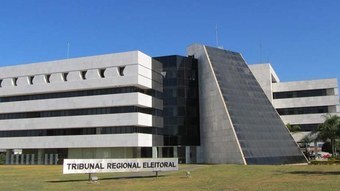The Regional Electoral Court of the Federal District disapproved, in a court session held on Friday morning (4), the annual reckoning by the Workers’ Party (PT). The analysis of the accounts had Judge Renato Guanabara Leal as rapporteur and his vote of disapproval was followed unanimously by the members of the Court.
Among the irregularities reported by the judges is the failure to close the Annual Accounts Rendering System (SPCA), which hindered transparency but did not hinder the analysis of the accounts. Furthermore, according to the TRE-DF, there have been no evidence of various expenses paid with funds from the Party Fund. The report contacted the Workers’ Party to get a position and has so far received no response. The space remains open for events.
There was, for example, the absence of invoices for services provided by a legal entity or for telephone services paid for to third parties. According to the court, misuse of the fund also occurred, such as the payment of alleged bonuses that were not included in employee payslips.
For judges, the invoice with an access key that refers to other values and date can, in theory, constitute a crime against the tax decree. They also say that “if only part of the mandatory values have been used for programs to promote and disseminate the participation of women in politics, there is an obligation to transfer the unused values to a specific account of affirmative action”.
According to the TRE-DF, the irregularities related to the formation of the cash fund reveal a complete upheaval of the institution. “The association has largely exceeded the amount allowed by law for the formation of the cash fund (the allowed amount was BRL 29,753.83 and what was constituted in the amount of BRL 538,204.97), in total disregard of the current law”, affirms the decision of the Electoral Tribunal.
The ruling also states that, in addition to the fact that the financial management was carried out improperly, generating the registration of various irregularities, it is possible that there is still evidence of abuse of public resources. This can theoretically characterize the occurrence of electoral crimes, which the Electoral Prosecutor should investigate.


